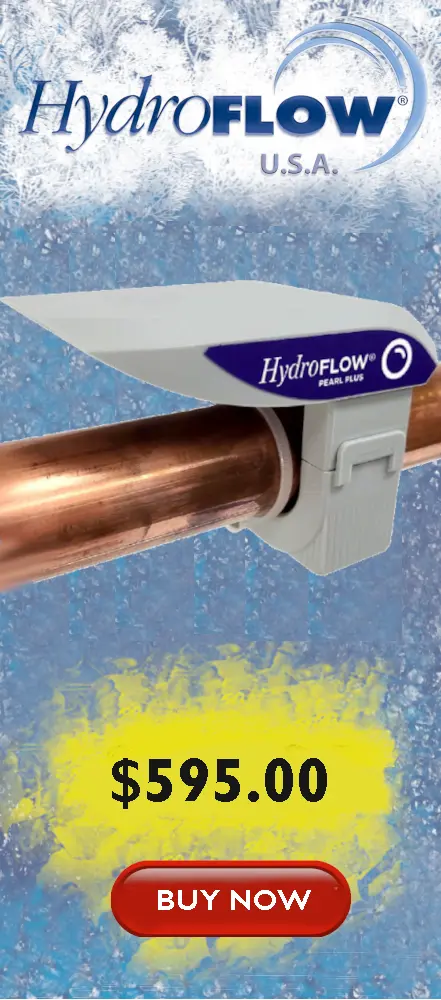Missouri
Water Quality in the State of Missouri
Missouri is a midwestern state with more than 6 million residents. It is a popular destination for many tourists because of its thousands of caves and the St. Louis Gateway Arch, which has an elevator that goes all the way to the top of the 630-foot arch. Some famous previous residents were Mark Twain and the nation’s 33rd president, Harry Truman. Missouri residents get their potable water from wells, rivers, streams, lakes and aquifers.
Water Hardness Summary
Missouri has water that ranges from moderately hard to hard with an average water hardness measure of 137 PPM. The town of Cape Girardeau has the hardest recorded water in the state with 257 PPM, another city with hard water is Columbia at 174 PPM. Kansas City, the most populous city in Missouri has moderately hard water according to USGS measures, at 114 PPM.
For more information on water hardness in specific cities, please see table below.
PPM = Parts Per Million
mg/L = Milligrams Per Liter
gpg = Grains Per Gallon
Farming, Food Processing and Hard Water
Missouri has over 100,000 farms, which makes it the state with the second-largest number of farms in the nation, just behind Texas. The state’s top agricultural products are soybeans, corn, cattle, hogs, wheat and dairy items. Kansas City is the leading manufacturing location for livestock and wheat.
As a great deal of Missouri has water rich in calcium (the primary source of water hardness), many farms and food processing plants experience issues related to scale buildup in their irrigators, production and processing equipment. In addition, contaminants polluting soil and waterways have increased greatly over the past few decades and there is a greater need for waste and chemical control. Many farmers are looking for eco-friendly solutions that can increase the quality and yield of their crops while saving water. Read more about how HydroFLOW can increase crop yield.
Solutions to your Water Quality Problems
Fixing your water quality issues in the state of Missouri will depend on your specific water source. It is best to test your potable water supply in order to get a better understanding of your water quality. Testing is relatively cheap. The test results will allow you to understand if your potable water has issues that need to be addressed. Common solutions to water contamination problems may include a water filtration system, a reverse osmosis system or other whole home water treatment solutions.
A problem that many Missouri residents will have to deal with is hard water. One old-fashioned, inefficient, expensive and unhealthy method to treat hard water is with a salt-based water softener. Most people don’t realize that if you’re using a water softener you are basically removing calcium and magnesium from your drinking water and adding salt to your diet. In addition, many states are banning the use of salt-based water softeners.
Alternative water treatment solutions such as “water conditioners” have been gaining popularity in recent years because they are cheap to operate and the best eco-friendly solution for hard water. Hydropath technology, which powers the HydroFLOW water conditioners is by far the most efficient and cost-effective eco-friendly solution to deal with hard water problems. To learn more about how HydroFLOW solves the problems created by hard water, please check out our technology page. You might want to read this blog that explains the difference between water conditioners and water softeners: Water Conditioner vs. Water Softener Blog.


